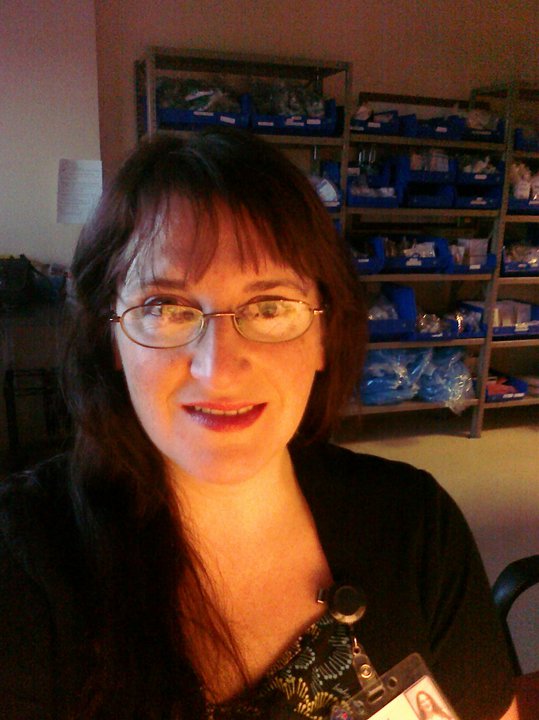Goals: part of any plan of success, right? WRONG. Take it away, Dr. Cox!
Of course, it’s not really that simple. Goals really are important, in writing or in any other endeavor. But you need to be careful about how you set your goals. It’s important that you approach them with a Goldilocks mindset.
Everyone remembers the fairy tale, I’m sure. This porridge is too hot, but this porridge is too cold. The third bowl? Just right. Goals can have similar qualities. Set a goal too high, and you wind up with an unattainable peak to climb, setting yourself up for inevitable failure. With failure often comes discouragement, and discouragement can really wreck the creative spark and sap your will to sit down in front of the keyboard. Remember that time you went to the gym for the first time in months and tried to pick up where you left off? For some reason, it works fine while you’re doing it, your body every bit as clueless as you are that there is such a thing as muscle atrophy. Then you are in agony for a week, can barely get out of bed much less get down the stairs, and you don’t go back to the gym for another six months.
It’s the same in writing. So, you decide you’re going to pound out three books a year. At 1000 words a day every day, that’s 300,000 words per year, or three 100,000 word novels even if you take 65 days off. Great! And totally doable, which should — oh wait, you have a day job 12 hours a day? And a family? And basic human needs like food and sleep? You … may want to dial that back. Even if you have the time to get down 1000 words, most days, you may not have the energy.
Of equal but more subtle danger is setting your sights too low. Sure, you rewrote that scene three times already until it felt perfect. But I bet if you read it again today you’d find it needs rewriting. The rest of the book can wait, maybe forever, but this one scene will be a flawless work of art. Or, sure, you haven’t written at all in two weeks, but that video game isn’t playing itself, is it? You work hard. You deserve a break before you set out on your second job. Things will probably ease up after the holidays, even though, if you’re being honest, they never have before. As long as you jot down a few quick sentences sometime this month, that still counts as writing. And just like that, guess whose book is never getting written?
A goal should be something you strive for. If you meet it, it should be a challenge to do so. If you fail to meet it, you shouldn’t miss so wildly that you are left feeling hollowed-out and worthless. So what does “just right” mean in a writing context? Hint: it’s not necessarily “just write” as punny as that would be. As I’ve harped on so many times that you are probably sick of it by now, it depends on your particular situation. You have to figure out what works for you.
The catch? The only way to do that is through experience. I’d recommend trying to set some easy goals first, ones you are confident you can meet. Finish a draft of this chapter this week. BUT make this goal be in service to a larger, more challenging one, one that will, once achieved, feel like a real accomplishment. Finish a draft of the book by your birthday. There’s a funny thing about human beings. Once you sincerely believe you can do something, something that once seemed impossible now seems relatively straightforward. So use this early goal-setting to teach yourself that you can set realistic goals and meet them, all in service to a larger goal. Each small step will be achievable, advancing the larger goal. And even these larger goals can feed into still-larger ones.
Like, say, “become a successful author.”
About the Author: Gregory D. Little
Rocket scientist by day, fantasy and science fiction author by night, Gregory D. Little began his writing career in high school when he and his friend wrote Star Wars fanfic before it was cool, passing a notebook around between (all right, during) classes. His novels Unwilling Souls and Ungrateful God are available now from ebook retailers and trade paperback through Amazon.com. His short fiction can be found in The Colored Lens, A Game of Horns: A Red Unicorn Anthology, Dragon Writers: An Anthology, and the upcoming Undercurrents: An Anthology of What Lies Beneath. He lives with his wife and their yellow lab.
You can reach him at his website (www.gregorydlittle.com), his Twitter handle (@litgreg) or at his Author Page on Facebook.



